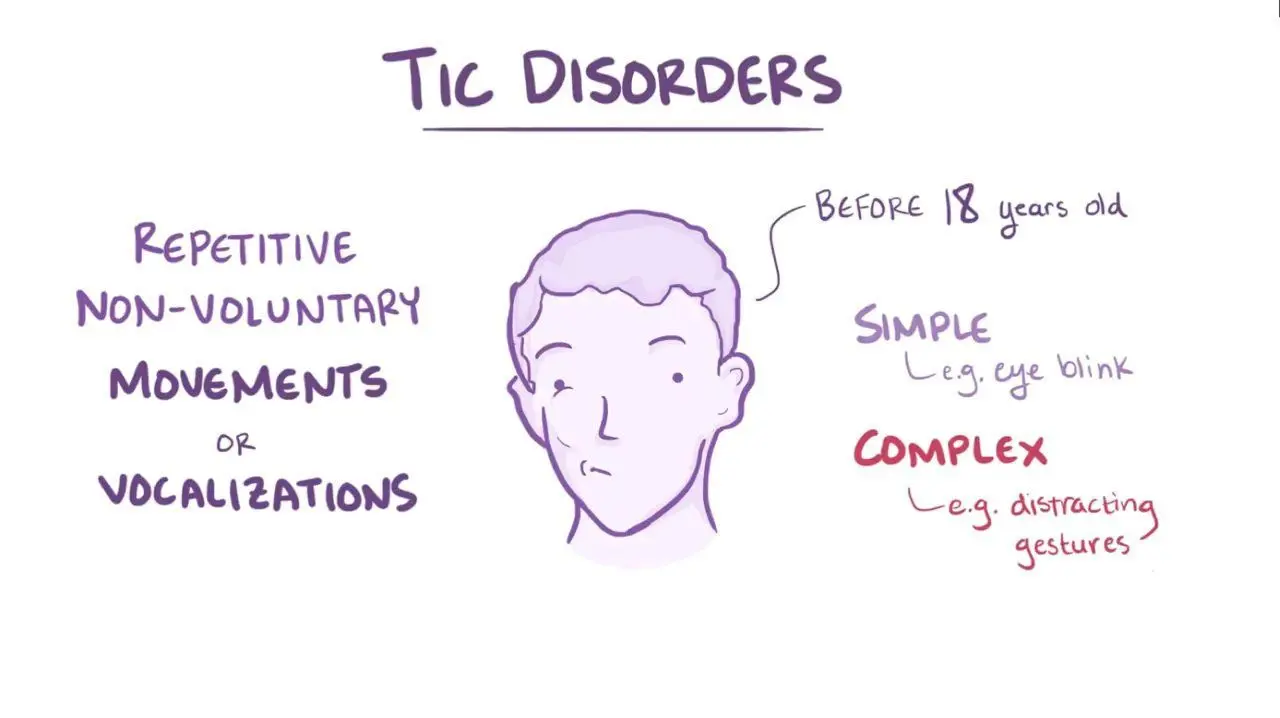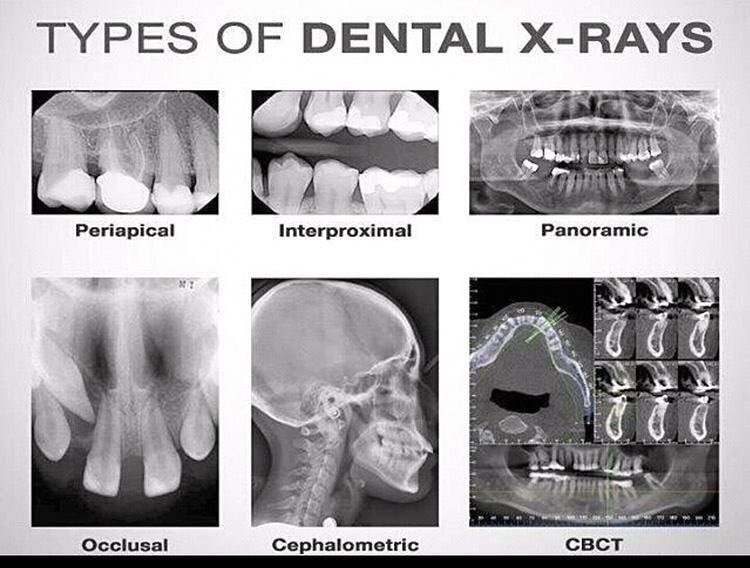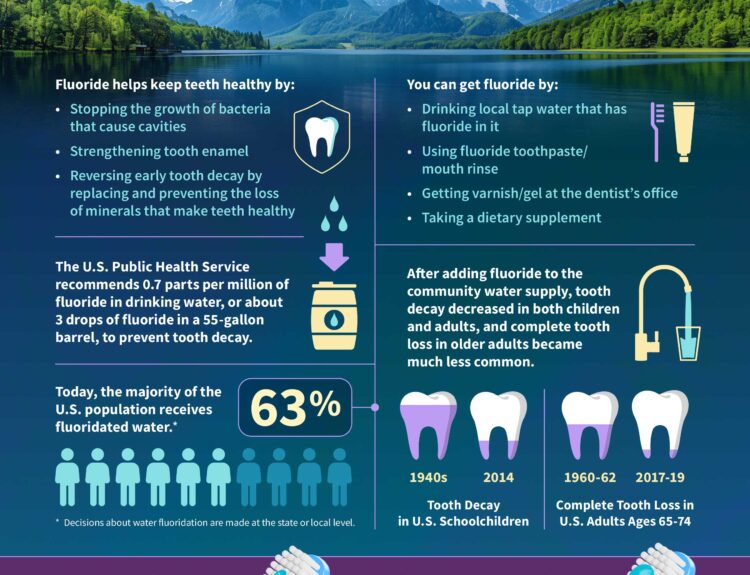Tourette syndrome (TS) manifests as repetitive, involuntary movements and vocalizations called Tics. Doctors don’t fully know the precise cause of TS, but abnormalities in brain regions that control body movement play a role.
Although bruxism is not a main symptom of TS, some individuals with TS experience it. While tics typically involve sudden, brief movements or sounds, these individuals may exhibit bruxism as a more complex movement. Researchers do not fully understand the exact relationship between TS and bruxism. They need to conduct further research to clarify the underlying mechanisms and develop effective management strategies.
It is important to understand that bruxism is very common in the general population. Dotors often link it to stress and anxiety, which also affect those with TS. Therefore, people sometimes find it difficult to determine if TS directly causes the bruxism, or if it’s a co-occurring condition.
Tourette Syndrome, however, might relate to Bruxism in following situations;
Tic-Related Behavior: Bruxism can sometimes manifest as a complex motor tic, especially if it involves repetitive jaw movements or clenching.
Comorbid Conditions: People with TS often have co-occurring conditions, such as anxiety, ADHD, or obsessive-compulsive disorder (OCD), which can contribute to bruxism. Stress and anxiety, in particular, are common triggers for teeth grinding.
Medicinal Side Effects: Some medicines used to manage TS or its associated conditions might have side effects that contribute to Bruxism.
Sensory Sensitivities: also called Hypersensitivity it is an intense reaction to sensory stimuli like sights, sounds, smells, tastes, textures, and other physical sensations. Individuals with TS may have sharp sensory sensitivities, which could lead to behaviors like teeth grinding as a way to manage sensory input.
If bruxism is causing discomfort, dental issues, or sleep disturbances, it’s important to address it. A doctor or a dentist can help determine the underlying cause and recommend treatments. The treatment may be stress management techniques, a mouthguard, or adjustments to medication. If the bruxism is linked to Tourette syndrome, a neurologist or specialist in movement disorders may provide additional guidance.






